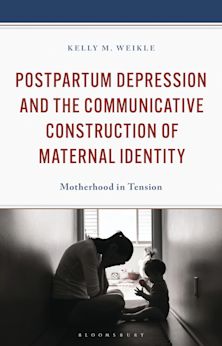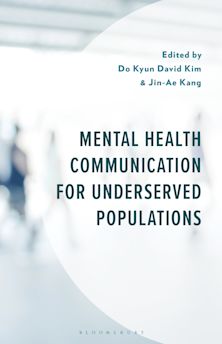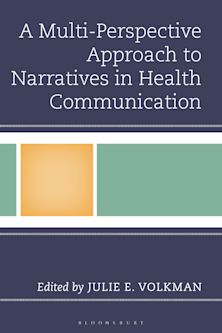- Home
- ACADEMIC
- Communication Studies
- Health and Science Communication
- Critical Environmental Communication
Critical Environmental Communication
How Does Critique Respond to the Urgency of Climate Change?
Critical Environmental Communication
How Does Critique Respond to the Urgency of Climate Change?
This product is usually dispatched within 1 week
- Delivery and returns info
-
Free US delivery on orders $35 or over
You must sign in to add this item to your wishlist. Please sign in or create an account
Description
How do contemporary critical thinkers find a way to work between the doubt that grounds their thinking and the knowing needed to ground emancipatory political struggles? In this overview of four contemporary thinkers’—Timothy Morton, Peter Sloterdijk, Slavoj Žižek, and Bruno Latour—approaches to critique and climate change, communication scholar Murdoch Stephens discusses and analyses the fissures, elisions, and paradoxes that inform critical theory. This book delves into how critical theory offers important insights for those interested in climate change, but also how critical theory faces challenges to its constitution when faced with issues that are both urgent and yet require a scientific rigour that is not the specialty of critique. Written from the perspective of the interdisciplinary field of environmental communication, Critical Environmental Communication: How Does Critique Respond to the Urgency of Climate Change? argues for re-orienting the field towards the tensions and possibilities drawn from these four authors.
Table of Contents
Chapter 2. Critique and Climate Change in Sloterdijk
Chapter 3. Critique and Climate Change in Žižek
Chapter 4. Critique and Climate Change in Morton
Chapter 5. Critique and Climate Change in Latour
References
Index
About the Author
Product details
| Published | Apr 25 2018 |
|---|---|
| Format | Hardback |
| Edition | 1st |
| Extent | 236 |
| ISBN | 9781498570879 |
| Imprint | Lexington Books |
| Dimensions | 10 x 6 inches |
| Series | Environmental Communication and Nature: Conflict and Ecoculture in the Anthropocene |
| Publisher | Bloomsbury Publishing |
About the contributors
Reviews
-
Murdoch Stephens has taken on the difficult task of sorting through and understanding much ignored critical theory relevant to environmental communication and has written an essential read for anyone interested in critical theory and environmental communication.
Richard Doherty, Chair, International Environmental Communication Association
-
Bucking a bias that insists on environmental communication as a crisis discipline that justifies an incoherent activism and smug moralism, in Critical Environmental Communication Murdoch Stephens advocates a return to thinking and theory. In a sustained and thoughtful engagement with such provocative thinkers as Latour, Žižek, Morton, and Sloterdijk, Stephens forces us to reconsider the grounds of our thinking and activism. As Stephens’ vital intervention argues, theory is not a necessary detour but the way itself that enables a thinking and acting that exceeds a mindless activism that pursues the media-amplified crisis du jour.
Kevin DeLuca, University of Georgia
-
By bringing four notable and provocative theorists into the orbit of environmental communication, Stephens’s work will reinvigorate discussions among environmental communication scholars about the possibilities for critique and critical scholarship.
Steve Schwarze, University of Montana


































